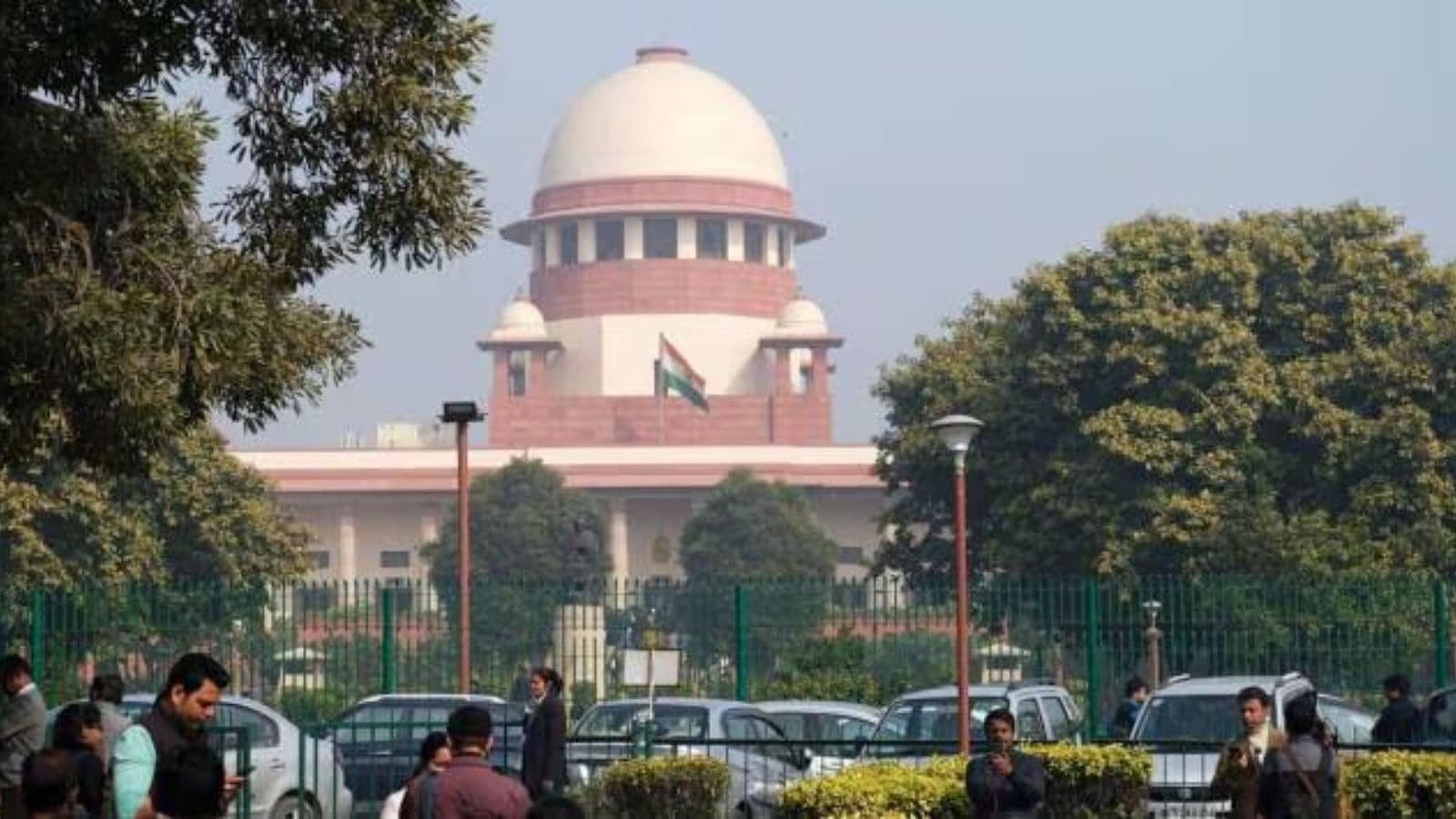10 November 2025 at 12:59 PM IST
First published on: 10 November 2025 at 12:58 PM IST
Over the past two weeks, there have been several rulings on the issue of the use of the oral rehydration solution (ORS) label for certain widely marketed beverages. The lawsuit comes in response to pediatricians who pointed out the dangers of high sugar levels in ORS-branded “rehydration drinks” that aggravate diarrhea due to their high sugar content. The Food Safety and Standards Authority of India (FSSAI) responded to the issue, and it was later challenged by industry representatives. The Delhi High Court clarified its position. While the legal aspects will be settled in court, it is the science that needs to be deciphered to arrive at a scientifically consistent legal position.
The mystery of its over-the-counter use stems from its shift from a rehydration fluid to a hydration fluid, driven at least in part by a burgeoning wellness culture. It is increasingly interpreted and used as a preventive rather than purely therapeutic intervention. It is widely recommended for all age groups in heat action plans, for example, without specific guidance in most cases regarding appropriate amounts for different age groups of children.
ORS is unequivocally a therapeutic intervention in its genesis. Its historical context is often overlooked in its diverse current use. ORS is an iso-osmolar glucose electrolyte solution with base and citrate, given to treat dehydration and restore lost electrolyte balance. The combination of glucose and sodium facilitates water absorption in the small intestine by creating electrochemical gradients. It is a high-impact public health intervention that has significantly reduced mortality and morbidity from dehydration and electrolyte imbalance in children due to acute diarrheal diseases (caused by many microbes). This is a globally recognized first-line treatment for diarrhea in children and adults, and is available in frontline healthcare settings as well as at home.
Maintaining adequate fluid balance in the body is a physiological need. Low levels of water intake are a common cause of headaches, lethargy, and dry mouth. Long periods of low intake are associated with urinary tract infections and kidney stone formation. The Indian Council of Medical Research advises drinking about eight cups or 2.5 liters of water daily on average, and recommends reducing sugary drinks in the summer. Sugar intake should not exceed 30 grams for adults and 24 grams for children aged seven to ten years. It should be emphasized that water is sufficient to maintain adequate hydration for most forms of daily exercise; Electrolytes, including salt and minerals, are only necessary for those who engage in endurance sports.
Oral rehydration salts have a preventive role in avoiding worsening dehydration in cases of acute diarrheal diseases, especially in very young children. With increasing emphasis on its protective role as a “moisturizing” fluid, there is a need to issue more precise warnings for a wider range of intended conditions.
The original formulation of ORS underwent modification in 2003 when WHO and UNICEF recommended lowering the osmolarity of ORS from 311 to 245 mOsm/L. Low osmolar ORS solution (LORS) contains lower amounts of glucose and sodium than standard ORS salts. So the high sugar content certainly aggravates diarrhea, as the pediatric community rightly points out. Oral rehydration salts are mostly available in sachets, distributed free of charge through public health service organizations or widely available without a prescription. There is also an increasing availability of pre-mixed solutions in cartons. Reconstitution of the sachet contents with the correct amount of (potable) water is crucial for young children, as it affects the osmolarity of the solution, which can lead to adverse effects.
Currently, many “rehydration fluids” or “electrolyte drinks” are sold over-the-counter in pharmacies along with oral rehydration salts; These are not considered WHO-ORS formulations if they do not conform to the specified formulation. The global market for rehydration solutions and rehydration drinks is expected to nearly double in the next decade, from $5.87 billion in 2024 to $9.56 billion by 2035, with a few companies dominating the market. ORS’s annual mobile turnover has more than doubled in the last four years in India, rising from Rs 3,340 million in May 2020 to Rs 7,160 million in May 2024, and the brand leader has more than 50 per cent market share. Its signature product recorded a 26 per cent increase in year-on-year sales in 2024 and was the fourth best-selling medicine in April 2024, up from 20th the previous month – demonstrating a sharp rise in sales of oral rehydration salts and rehydration products heading into summer.
The risks of high sugar content in these fluids, as well as giving non-WHO formulations, are real, especially for young children. The FSSAI and the courts have rightly pointed out that this constitutes a risk to public health. There is an urgent need for dialogue and consensus on these issues between physicians, paediatricians, the pharmaceutical industry and retail pharmacists. Public health technical leadership and governance have a responsibility to promote health literacy among the public at large.
The writer is Head of the Center for Social Medicine and Community Health at JNU. Personal views
(tags for translation) ORS












